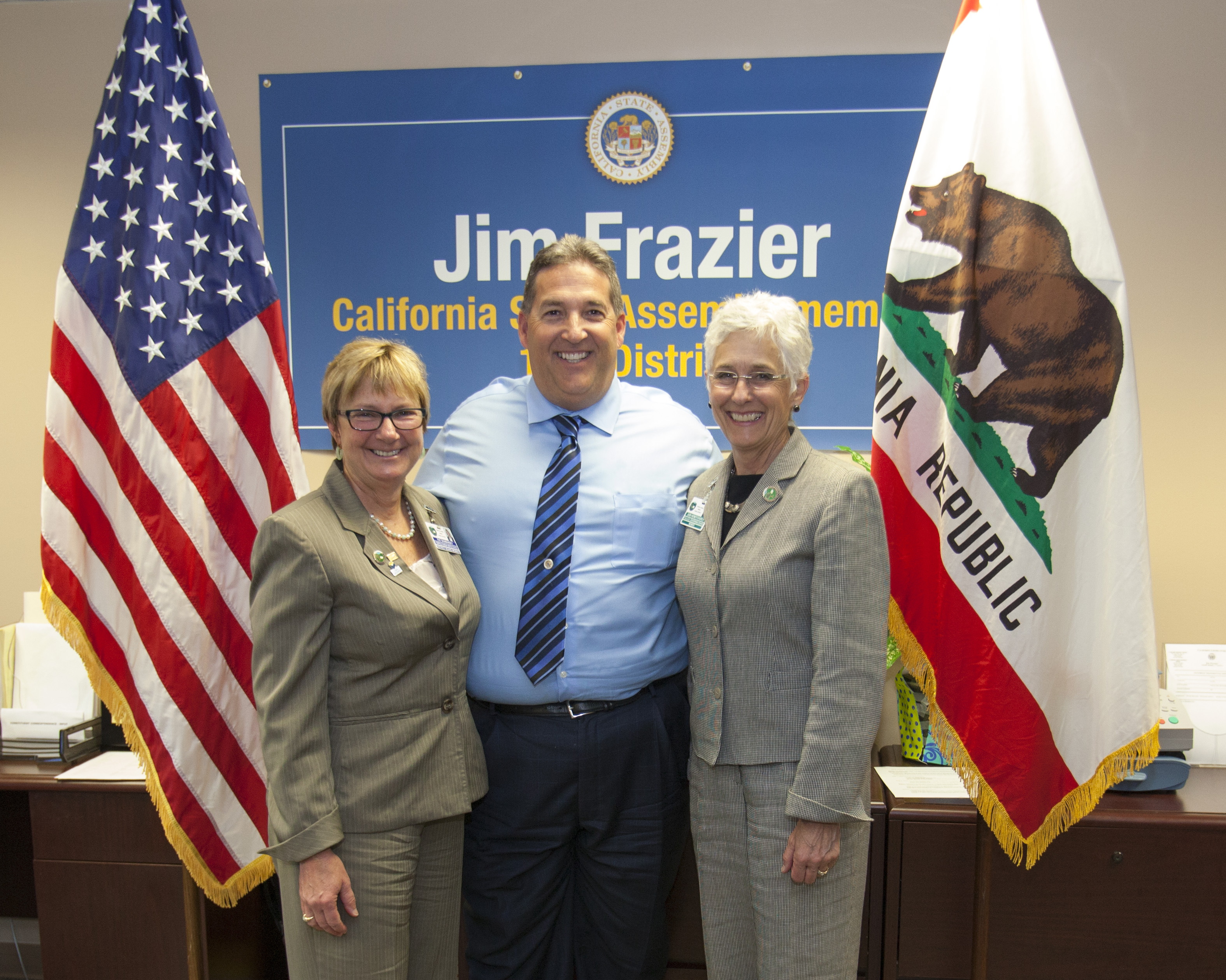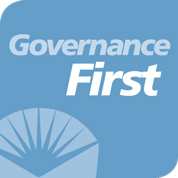With the governor’s announcement in the May Revision about potentially directing $1 billion to support the implementation of Common Core State Standards, the buzz is beginning about Common Core among the general public, parents and those who look for reasons to point to the failure of our public schools. Do you have a communications plan in place to communicate to your parents and constituents about Common Core?
CSBA’s top 10 issues heading into Budget Conference Committee
This blog post highlights the top 10 educational actions/recommendations within the state Senate and Assembly budget proposals.
CORE’s Rick Miller briefs CSBA delegates on federal NCLB waiver request
Local Educational Agencies can’t rely on the California Department of Education to figure out how to implement the Common Core State Standards and other key education reforms looming on the horizon. Speaking to members of CSBA’s Delegate Assembly in Sacramento May 18, Rick Miller, former deputy state schools superintendent and executive director of the California Office to Reform Education, said that’s one reason 10 school districts banded together to form the CORE coalition, which is optimistic that federal education officials will approve its waiver plan that releases participating LEAs from some of the harsher requirements of the No Child Left Behind Act.
Board Member Action Day: Speaking truth to power
Demonstrating their dedication to children and passion for public education, members of school district and county office of education governance teams throughout California gathered at the home offices of their state representatives to advocate for local governance and other issues vital to public schools as part of CSBA’s Board Member Action Day May 10.
Common Core tests, new science standards trump API changes at SBE’s May meeting
An update on assessments being developed by the Smarter Balanced Assessment Consortium showed progress on test development including the conducting of cognitive labs, small-scale trials and the almost completed assessment pilot to ensure validity of the tests for 2014-15. The process is also validating methods of special presentation styles for special needs students. Next to come is the one-year public field test of the system to develop customer familiarity.
Budget discussions crescendo as governor’s May Budget Revision nears
Next week, on Tuesday, May 14, the governor will unveil the May Budget Revision for fiscal year 2013-14. Details about his revision are beginning to surface, as are additional proposals. On May 8, Assembly Democrats announced their plans for the state budget, naming it the “Blueprint for a Responsible Budget.” In addition to calling for a ballot measure in 2014 to establish guidelines for a richer state reserve, a strong focus of the Blueprint is children and education. For K-12, they call for all school districts to get their share of previous funding cuts repaid as Proposition 98 grows.
School interrupted: Designing a partial credit policy that works
Representatives from the Legislature, the California School Boards Association, the California Department of Education, a host of public and private children’s interest groups, county offices of education and school districts gathered at CSBA’s offices in West Sacramento this week to tackle a tough problem: How to standardize the rules for awarding partial credit to students forced by difficult life circumstances to change schools frequently.
Latest developments in the Local Control Funding Formula
Sen. Carol Liu (D-La Cañada Flintridge) presented SB 69, her bill on school finance and a new funding formula, to the Senate Education Committee on Wednesday, May 1. In presenting the bill, Sen. Liu noted it is a work in progress. It’s intended to move the discussion of a new education funding method forward by providing a venue and vehicle for policy discussion and debate. The bill was voted out of the Senate Education Committee, with the Republican committee members not voting. The bill will now progress to the Senate Appropriations Committee.
Get ready for Board Member Action Day
Legislators need to understand the local perspective on the state budget and other proposed legislative changes that affect schools, and there’s no better way to spread the Governance First message than by participating in Board Member Action Day on May 10, says CSBA President Cindy Marks in this video.
California schools tackle Common Core challenges
How are school districts and county offices of education preparing to implement the Common Core State Standards? It’s a daunting task, reveals the spring 2013 issue of California Schools magazine. To be ready for new common national academic standards, local educational agencies will have to dramatically change instructional methods and prepare students—and technological systems—to handle revolutionary computerized tests. This would be a tall order in the best of budgetary times. Yet despite years of harsh cuts in state support for public education, LEAs throughout the state are finding creative and innovative ways to meet the CCSS challenge.










